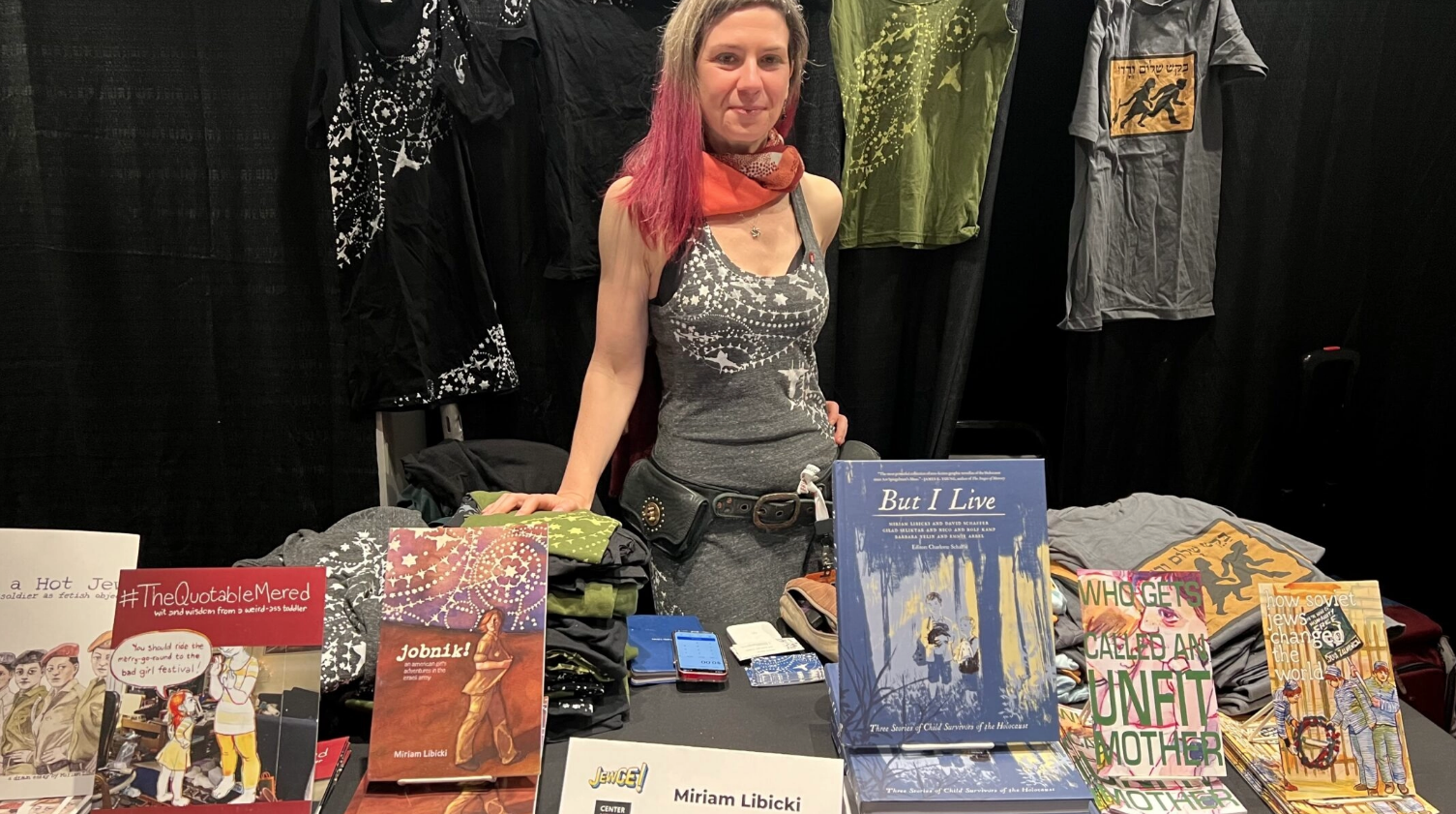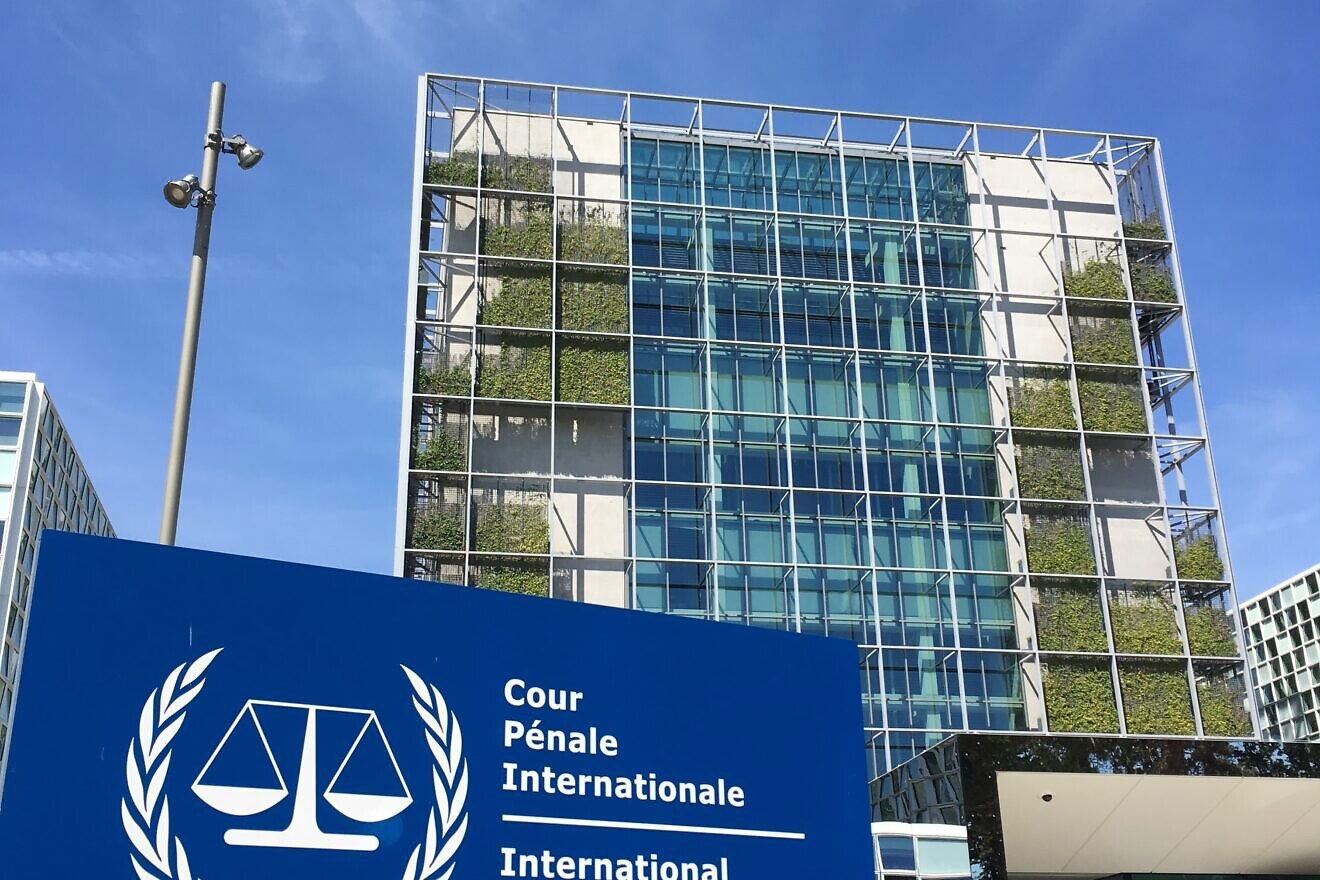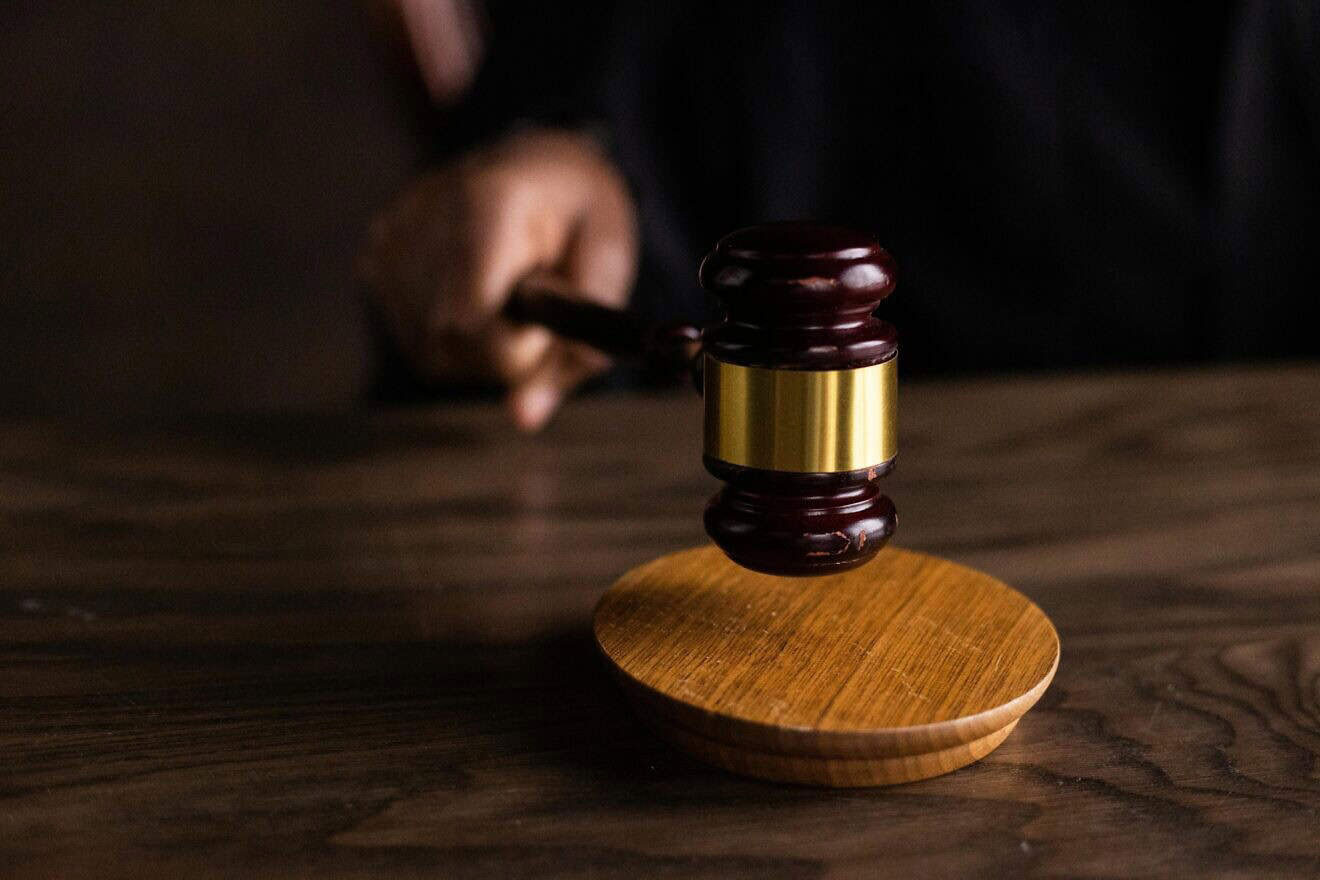(JTA) — A comic-book festival in Vancouver said it has banned an Israeli-American artist because of her past service in the Israel Defense Forces, after apologizing for allowing her to participate this year.
The Vancouver Comic Arts Festival deleted its statement apologizing for allowing Miriam Libicki to exhibit at the event, which took place earlier this month, after the Canadian Jewish News published an article calling attention to the affair.
According to the news outlet and social media screenshots, the statement did not name Libicki but referenced her and her work and said she would not be allowed in the festival in the future.
“The concerns regarded this exhibitor’s prior role in the Israeli military and their subsequent collection of works which recount their personal position in said military and the illegal occupation of Palestine,” said the “Accountability Statement,” posted online.
The statement went on to say her appearance was the result of “oversight and ignorance” and that it “fundamentally falls in absolute disregard to all of our exhibiting artist’s [sic], attendees and staff, especially those who are directly affected by the ongoing genocide in Palestine and Indigenous community members alike.”
In her own statement, Libicki, who explores Jewish identity in her work, called the ban “illegal” and said it was “bad for all artists of all political orientations and backgrounds.” She added, “I have consistently, publicly been pro-peace” and supportive of the establishment of a Palestinian state.
“Because of the vulnerable populations I work with, I prefer not to discuss my specific political views in public,” she wrote in a statement shared on Wednesday by Jesse Brown, a Canadian Jewish publisher and journalist. “I believe all policing of artists’ personal identities and nationalities is wrong.”
But after the CJN article was published on Wednesday, the festival deleted its “Accountability Statement.” It has not responded to a Jewish Telegraphic Agency request for comment.
The festival was not the first Canadian organization to ban a Jewish woman over past IDF service since the outbreak of the war on Oct. 7. In February, a Canadian International Women’s Day event in Ontario canceled its keynote speaker because of her IDF record; that event was then itself canceled amid a backlash.
Jews in Canada have been on edge in recent weeks amid multiple reports of Jewish day schools being shot at, synagogues being targeted with graffiti, and a likeness of Israeli Prime Minister Benjamin Netanyahu being hung in effigy at McGill University in Montreal.
The comic festival is the latest example of how cultural spaces are becoming embroiled in debates surrounding the Israel-Hamas war and, for some Jews, have become hostile territory. The literary free-speech group PEN America, Jewish cultural center 92NY and various museums have also faced revolts over their responses to the war.
Libicki had exhibited at the festival, known as VanCAF, in the past. But this year, according to CJN, a pro-Palestinian social media post had condemned the festival, stating, “Why are members of occupying forces granted space in arts and cultural festivals?” The post said there should have been a “safety plan & warning for people stepping foot into the festival.”
The festival published the unsigned “Accountability Statement” in response. The statement said that the festival would “be adhering strictly” to the guidelines of a global Israel boycott movement and that it “condemns the ongoing genocide and land theft committed by the state of Israel in Palestine.”
Libicki’s past work has centered on her IDF service and other Jewish themes. In “jobnik!” she chronicled her military service during the second intifada; other works include “Toward a Hot Jew,” illustrated essays about Jewish sexuality, and “How the Soviet Jews Changed the World.”
She also collaborated with other Jewish artists and Holocaust survivors on “But I Live,” a collection of work based on survivors’ life experiences — which she said was the only book she had been selling at the Vancouver festival this year.
Libicki lives in Vancouver and was named a writer-in-residence at the Vancouver Public Library in 2017. Last fall, she attended a New York Jewish comic book festival, saying she admired connecting with “Jews in comics who have found each other.”
Some of Libicki’s past collaborators and area Jewish leaders condemned the ban.
“Miriam is an artist of utmost integrity and humanity, and I am deeply saddened and troubled that she was banned from the Vancouver Comic Arts Festival,” Charlotte Schallié, a professor at the University of Victoria who spearheaded “But I Live,” told CJN. Author Alan Twigg, who has studied Holocaust literature, said the reasoning for the ban was “idiotic.”
Nico Slobinsky, an executive at the Centre for Israel and Jewish Affairs, an advocacy center for Canada’s Jewish federations, tweeted that the festival “disregards the unifying power of art” and had “chosen to discriminate against an exhibitor by not allowing them to return to the festival.”





